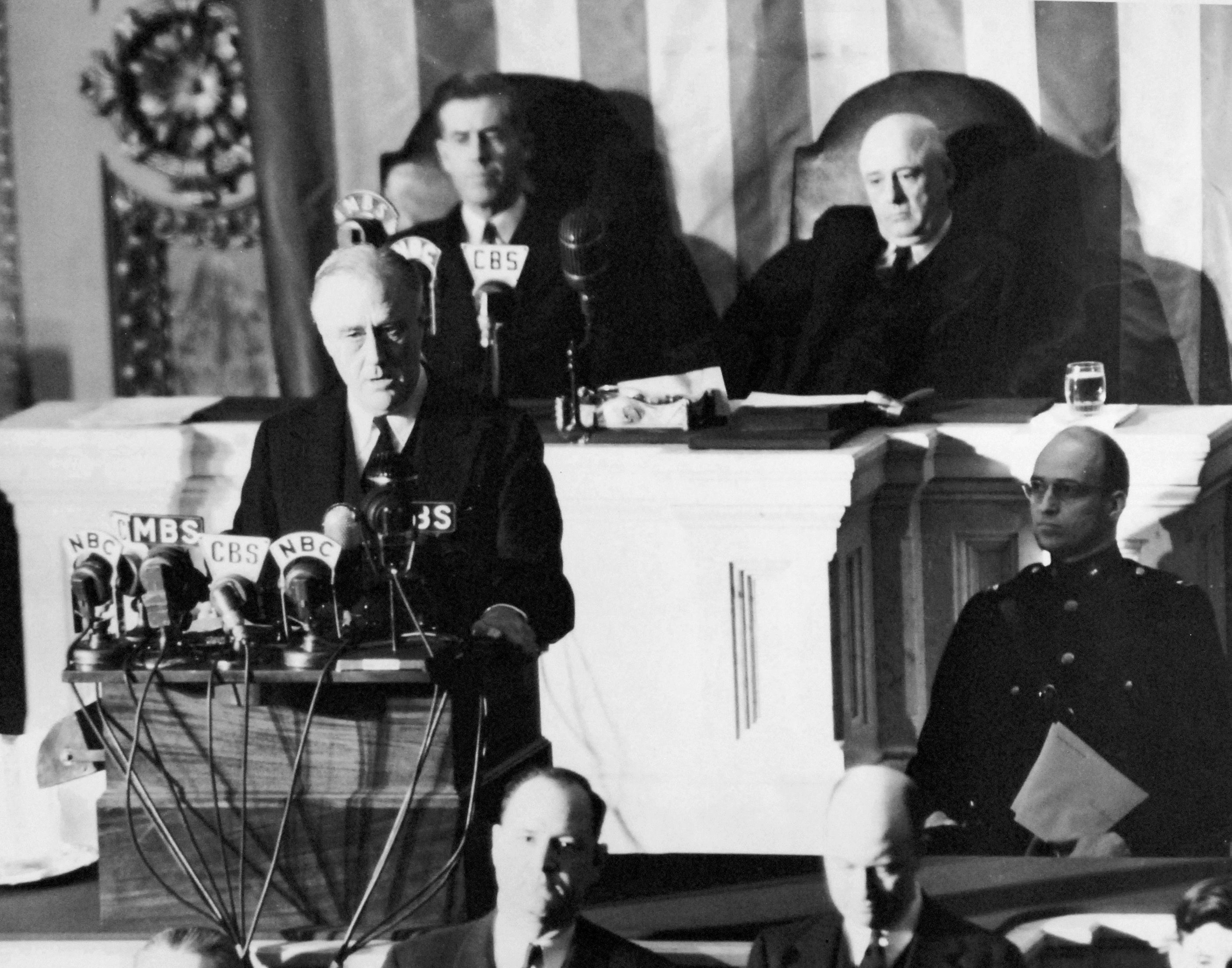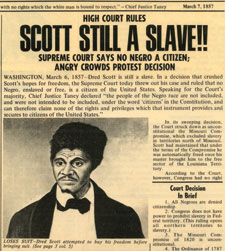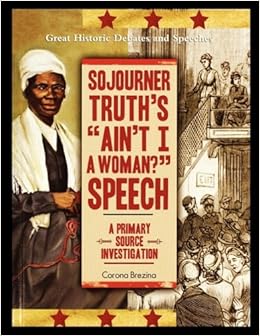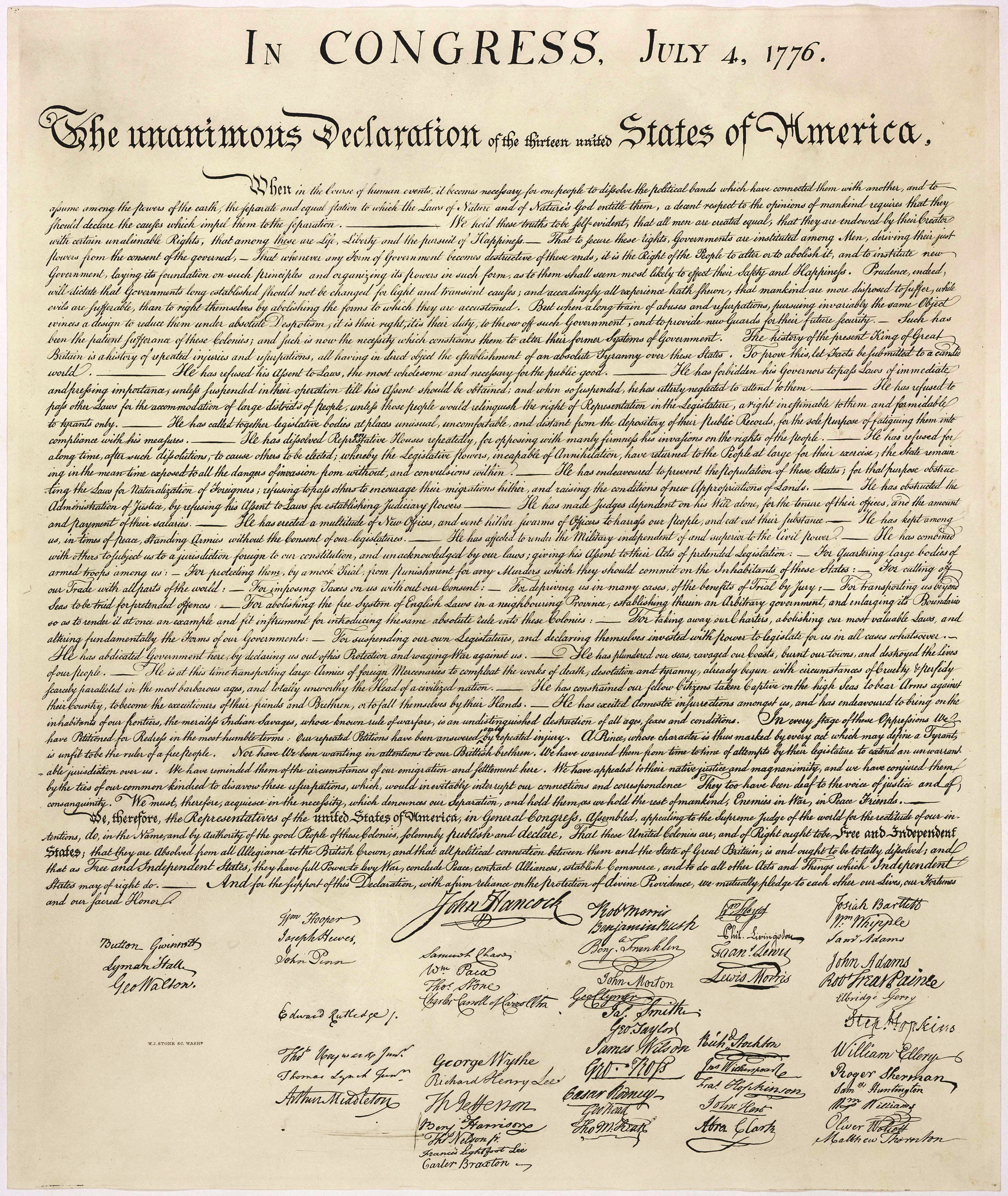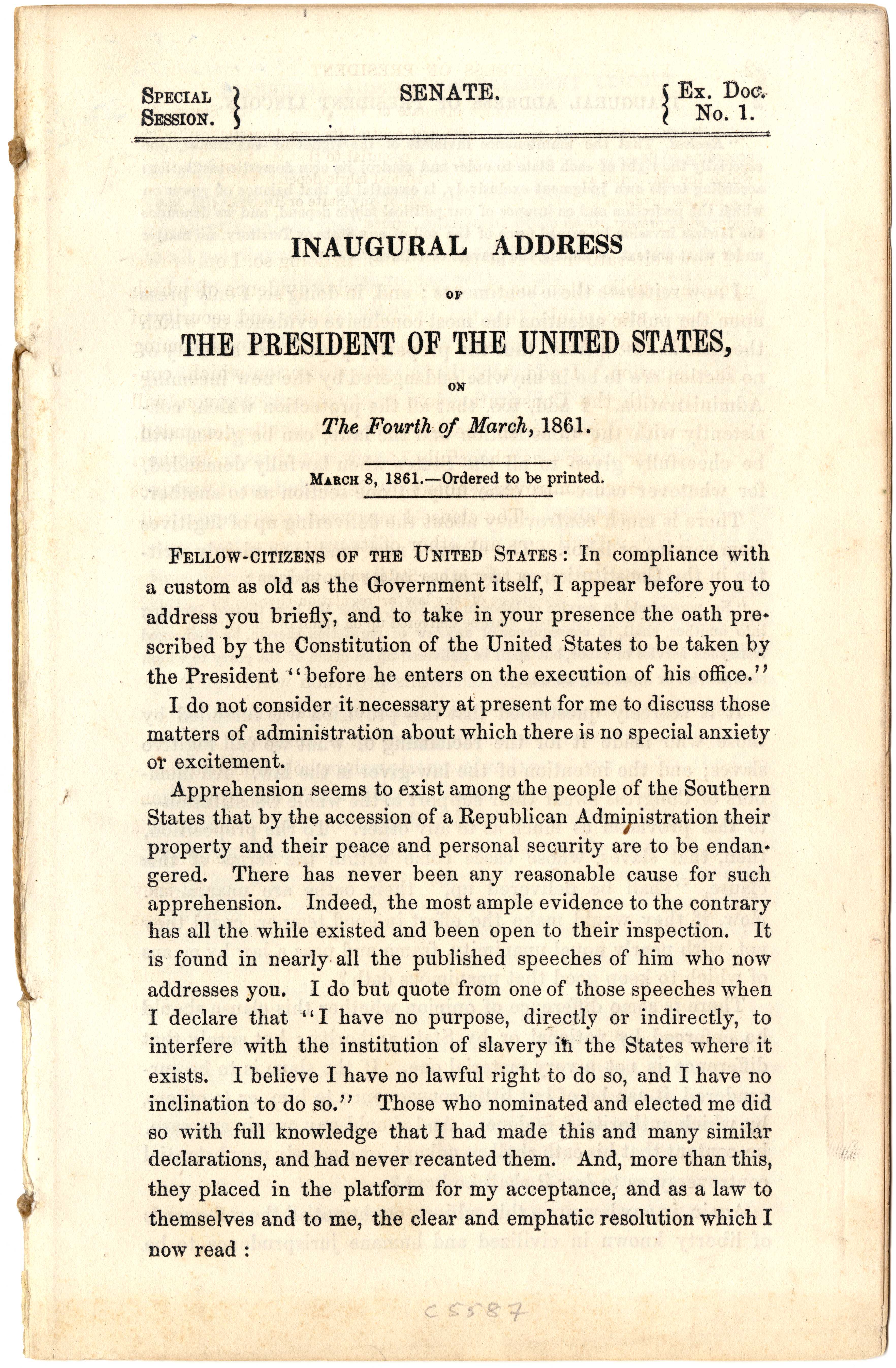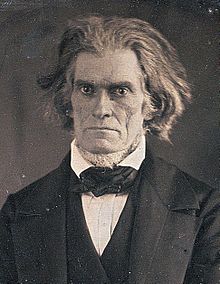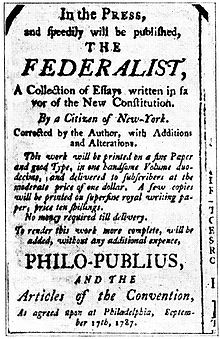I think the Women's Suffrage Movement relates to Republican Motherhood in that both increased the rights and thoughts of what women could do in society.
1. What role did the Revolutionary War play in the transformation of housewifery to Republican Motherhood?
The Revolutionary War inspired increased need for thoughts such as independence, republicanism, and patriotism. It was also common belief that these ideas needed to be instilled in to the following generations of Americans, and it more or less became the job of mothers to instill these ideas into their children, especially their sons (Doc A).
2. What were the consequences of the Republican Motherhood on women?
It was a common idea at this time that it was the job of mother's to instill republican ideas in their children. John F. Stearns says it best, "On you, ladies, depends, in a most important degree, the destiny of our country" (Doc D). There were many different ways people proposed this happening. Mrs. A.J. Graves writes of how women should keep to the their households, and that women don't really have use outside of it (Doc A). Benjamin Rush on the other hand believed that in order to accomplish their duties women needed to be educated (Doc B).
3. What is the significance of the ideology of Republican Motherhood as a stage in the process of women's socialization?
The significance of Republican Motherhood was that it gave women a role in society outside of just being a housewife. It changed the whole way they thought, an led them to believe that the "... reformation of the world is in [their] power" (Doc C). Their increase of role in America led to an increased sense of pride and self-assertion.
1. Describe the setting:
A rather young looking women as a mother, sitting on a pink couch with a grayish colored wall in the background. You can see the edge of something on the back wall and the women is holding her two children.
2. Who serves at the center of the portrait and why? How does the women look? How is she "republican" rather than aristocratic?
The women is a the center of the portrait which shows she is of the main importance. The women appears fairly young and well dressed with a nice dress and done-up hair. She is "republican" rather than aristocratic in her dress in hair, which are nice but relatively plain rather than super fancy.
3. What values do her son exhibit?
Her sons portray the importance of women on society and in family life in that she is teaching them the things they need to be good, successful citizens.
4. Is there significance to the position of Mrs. Tilgham's arm?
Her arm is rested over one of her son's lap which could symbolize that it is her job to take care of him and to teach him all of the ideals and virtues he needs to be a good citizen.


